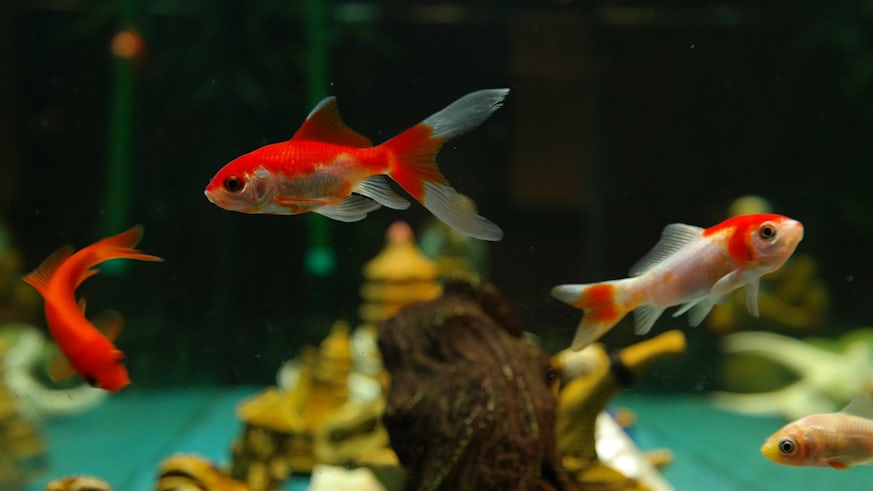Transporting fish and reducing infection
2 May 2019

Transporting fish home from the pet shop or during food manufacturing in plastic bags increases risk of infection, finds research from Cardiff University.
Fish are the most popular pet in the western household and the most consumed source of animal protein globally. New research finds that increased exposure to stress, such as manual handling or transport, is detrimental to health and welfare.
Numair Masud, Cardiff University, said: “As human demand for fish continues to increase, the global trade of fish is showing no signs of slowing down and we are witnessing increased live transport of exotic species in the pet trade.
“The most common method of live fish transport is in polythene bags. This is associated with disturbance of the fish, and is a potential stressor that could be affecting the fish, but one that hasn’t been fully investigated.”
The research at the School of Biosciences investigated rates of infection in fish that have experienced disturbance through transport in plastic bags, comparing this with a new generation of transport bags that are designed to reduce mechanical disturbance.
“We found that fish that experienced mechanical disturbance suffered increased susceptibility to infections compared to fish that didn’t experience this stress during transport.
“This was not alleviated by the new generation transport bags.
“With infectious disease remaining one of the greatest challenges faced by the food and pet industries, research on neglected human induced animal stressors must be a priority if the global animal industry is to remain sustainable for future generations,” added Numair.